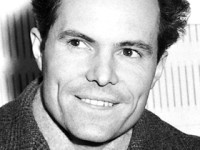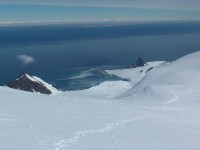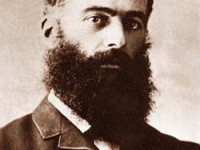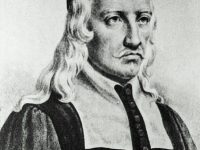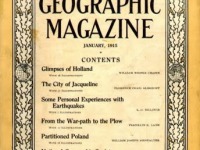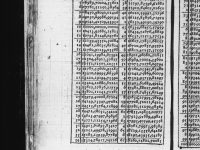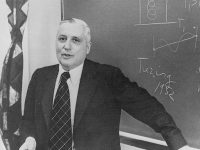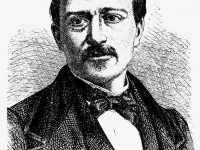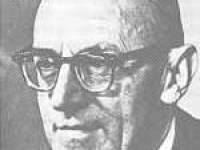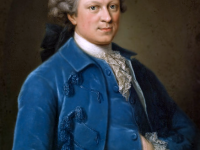Rudolf Mössbauer and the Recoilless Nuclear Resonance Absorption
On January 31, 1929, German physicist and Nobel Laureate Rudolf Ludwig Mössbauer was born. He is best known for his 1957 discovery of recoilless nuclear resonance fluorescence for which he was awarded the 1961 Nobel Prize in Physics. This effect, called the Mössbauer effect, is the basis for Mössbauer spectroscopy. “Explain it! The most important thing is, that you are able to explain it! You will have exams, there you have to…
Read more

